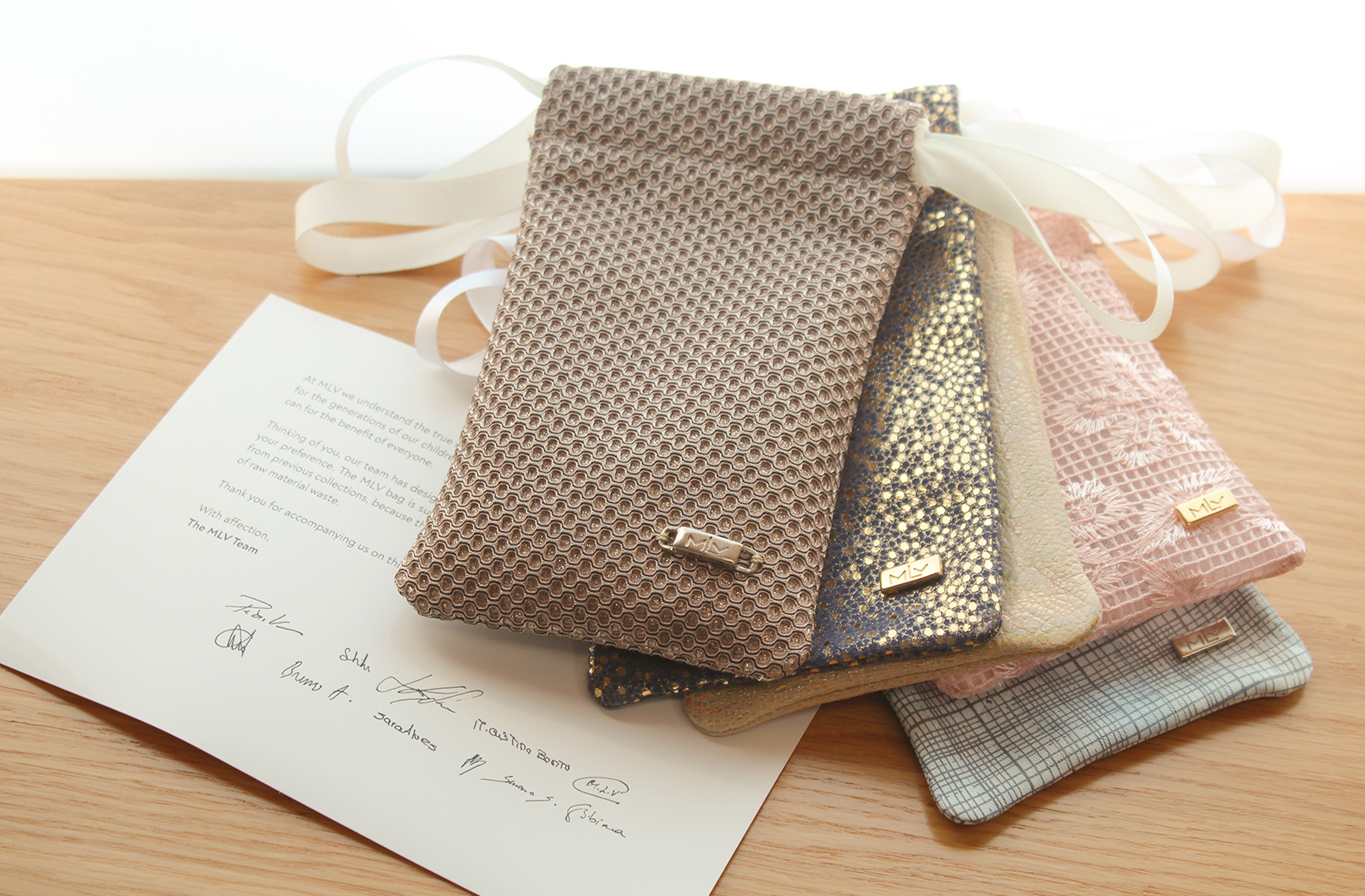It is a fact. The recent pandemic caused by the covid-19, has put the fashion world in turmoil. Canceled fashion shows, postponed collections and interrupted productions to start producing individual protective masks. This unexpected turn of events has inevitably led to the constantly growing fashion sector, over the last two decades, having to rethink strategies and actions for the future.
Because it relies heavily on the physical channel (the traditional market) as a distributor, the Portuguese footwear cluster has suffered an overwhelming decline in sales, with street shops and shopping malls closed down making sales and the normal functioning of the business impossible. The growing distrust of consumers in the future has led to a more reflected and preventive purchasing attitude. In the presence of a pandemic we started to buy mainly essential goods, which strongly affected fashion brands and all stakeholders.
We all hear in the news that online sales have skyrocketed, but not necessarily for the footwear fashion sector. After all, who bought shoes to be confined inside?

Confinement has, in many cases, served to allow people to spend more time together and to reflect on what is really important in their lives. The fast pace of life has also made us rethink the unbridled pace of shopping we do without thinking, and the quality of the products we consume. Does it make that much sense to buy the jacket from the fast fashion shop (super cheap and made at low labour cost)? Or to go to the street shop where I can find national and European production that supports the local economy? We talk about fashion, but this mentality can be extended to any area.
The covid-19 forced people from all over the world to review their values, their habits of life and consumption, and this made them view the world of fashion with a new vision, more critical of trends and brand attitudes.
However, if people who buy brands have changed, it is expected that brands will follow this evolution of their consumers. So what is the future of fashion? How will brands react to the post-pandemic? What changes can be expected?
In relation to fashion, it is expected that impulse buying will decrease sharply, the demand for international brands with no apparent social value, and the pleasure of buying itself will be reconsidered by consumers, and some trends in consumption are already beginning to be noticed.
The growing environmental concerns and social awareness that have grown over the last decade will increase exponentially and consumers will be increasingly aware of the altruism of brands in contributing to the preservation of the planet. More than fashion, fashion brands will have to take an active role in building a better and more sustainable world. Because products will speak more than fashion and trends, to be true manifest of mentalities and lifestyles.

The brands that until then launched four or more annual collections will necessarily have to slow down and abandon fast fashion. It will not make sense to continue making more than two collections a year, just to respond to the unbridled pace of the fast trends. New care will be needed throughout the collection development and production chain, and a smaller variety and higher quality of materials will be expected for each model to become more durable.
Brands that do not evolve their production chains according to new social and environmental values will only be selling meaningless clothes, shoes or accessories, and consumers will soon realise this. And by then it will be very difficult to convince them otherwise. Fashion will have to be transparent and consistent with its new message, in adopting the right social and ecological policies and implementing them in their entirety. People will look more for what is made within, because they will understand that only then can they also play an active role in the economic recovery. But this takes time. Awareness-raising and promotion of Made in EU by government bodies, and fashion and footwear clusters will be needed.
Fashion will increasingly follow the path of casual and comfort, as a complement to the agitation of everyday life. We all need to understand that fashion is not just a vanity. Fashion, even if it is, transcends ostentation. Fashion is responsible for the creative expression and identity of many professionals and consumers who identify with their creations. It is a manifesto of freedom, essential to humanity.

It is also responsible for the livelihood of thousands of families in the EU who otherwise have no means of subsistence. We are not only talking about factory producers, distributors and traders, we are also talking about communication professionals, magazines, publishers, people who work and depend on the organization of events, photographers, make-up artists... The fashion sector is the world's largest employer of women, with around 10 million people depending on it.
Are European brands ready for this new phase, which is certainly here to stay?
At MLV we want to believe so, and we also want to play an active role in sustainability, in the fight against waste and in stimulating social and environmental awareness. We also want to be part of the revolution in consumer culture, where products of increased quality that encourage the local economy are the new fashion hit.

MLV customers who purchased products from the MLV Shoes online shop this summer have witnessed our cause. With the surplus materials from the development of previous collections, masks and small bags were created where you can store your masks or other belongings.
A small gesture, we know, but from small steps long walks are made.
At MLV we are on the right track, we are counting on you!










